Advance Clinical Applications for Common Gastrointestinal Issues (CG1)
Select a course from the list below:
( CLICK A COURSE NAME IN THE TABLE THEN SELECT THE COURSE UNIT YOU WANT TO JUMP TO )
NOTE: For enrolled students see below for a course overview...
GREAT NEWS!

The CG1 (virtual) is now open to all students who have completed the 4-day VM1 class. The hands on part of this class will still be restricted to those who have completed all VM1, VM2, VM3, VM4 classes.
Evolution...
Evolution is the foundation of all our understanding. Without an unbiased understanding of evolution we cannot truly understand who we are within the context of our environment. For example...
- Why does the human stomach make so much acid?
- Why does our liver tend to store fat?
- Why do some vertebrates, including us humans, have a gallbladder but some other vertebrates do not?
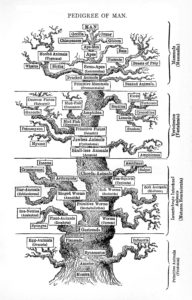
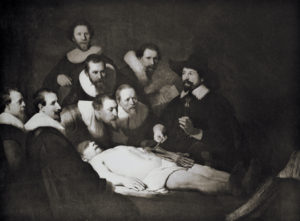
History...
In all of these ACA classes we will take a look at the historical figures upon who's muscular shoulders we stand. No bit of knowledge occurs in a vacuum. What we know today is because of the tireless work of those who came before us. The ancients viewed the stomach as a simple sac but the liver, now that's a different story.
Embryology...
From our knowledge of evolution our understanding of embryology encapsulates a deep and profound awareness of who we TRULY are. From an embryological perspective what do the liver, gallbladder and stomach have in common? And how does this inform us as manual therapists regarding why we see certain extended listening patterns.
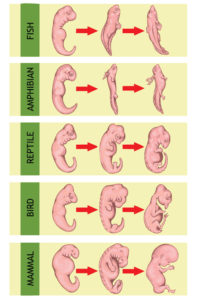
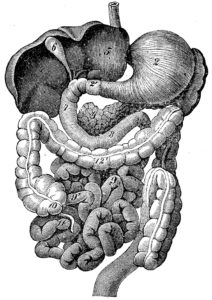
Anatomy & Physiology...
Now...and only now, are we truly ready to understand anatomy and physiology. We are poised to plunge the depths and details of anatomy and physiology in a way that would make Jean-Pierre Barral proud.
Barral, while discussing the interrelationships between the liver and other organs, has said; "It is all about the liver"! If you know some of the details about the liver you will not only educate your minds but more importantly you will be educating your hands.
Pathology...
From this perspective of a deeper understanding of anatomy and physiology our understanding of pathology will be second to none. For the stomach we will discuss GERD, hiatal hernia, and gastroparesis. For the liver we will discuss fatty liver disease, fibrosis and cirrhosis of the liver, and metabolic liver diseases. For the gallbladder we will discuss cholecystitis and cholelithiasis.
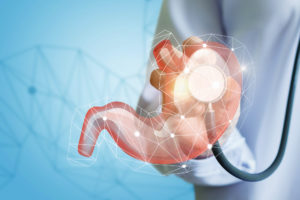
Instructions
Welcome to the class. You are not too late. There is plenty of time to take your time and get as much out of the class as you want.
-
At the very top of this page you will see "Select a course from the list below:" Below this you will see at least one option, for example "ACA classroom (CG1) select the class you are in.
-
The next window that opens up will show the modules and units. You will need to proceed in sequence through each unit.
-
After you have finished the first unit, at the bottom of the page (below the video) you will need to mark this unit as completed. Once you have done that you will need to hit the button “next unit”. This next unit is the Webinar page.
-
After you have watched the Webinars, if you have any questions you can type it into the question box at the bottom. By the way, when you click on “ask a question” you will be taken directly to the Q&A forum where you can view other questions and even vote on the answer you feel gives the best answer. If you decide to post a question you won’t see your question immediately. The questions first come to me and I need to “approve” the questions. I’m pretty easy going with this so you can ask most anything you want.
- When you get to the next unit (Module #2, Unit #1) you will see some flip books to read as well as the next video to watch. It probably makes more sense to read the flip books after you have watched the video as these will help expand your understanding of the topic.
- At the bottom of this unit you will see a short and easy quiz to take. You will need to take the quiz in order to move on to the next unit.
I hope you enjoy the class!
